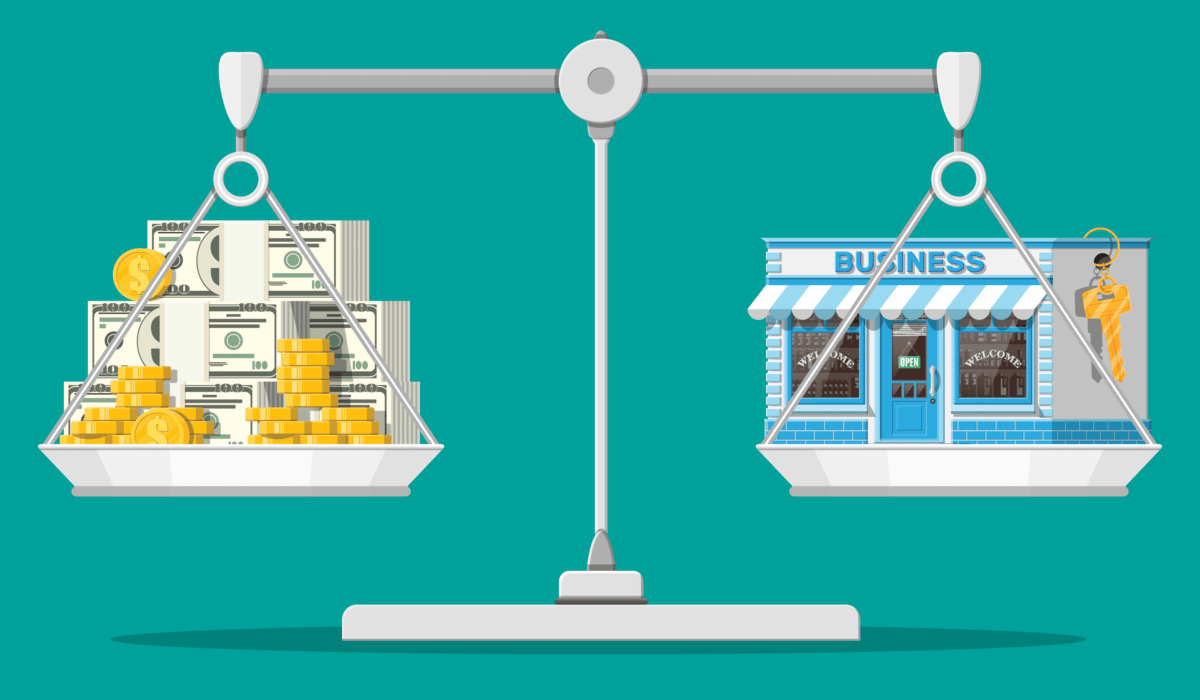When delving into the world of business, one comes across numerous terminologies, each carrying its weight in significance. Among these, goodwill stands out as a pivotal yet often misunderstood concept. Goodwill of a business is a term that encapsulates the intangible assets of a company that contribute to its overall value beyond just the physical assets and financial statements. It plays a crucial role in determining the worth of a business during mergers, acquisitions, and valuations.
This intangible asset encompasses various elements, including brand reputation, customer loyalty, employee relations, and proprietary technology. Understanding what is goodwill of a business is essential for entrepreneurs, investors, and stakeholders, as it can significantly impact business decisions and strategies. This article aims to explore the intricacies of goodwill, its components, and its implications in the commercial landscape.
Furthermore, the assessment of goodwill can vary greatly among different industries and companies. Factors such as market conditions, economic trends, and competitive positioning all play a crucial role in shaping the goodwill of a business. As we dissect this concept, we will answer key questions and provide insights into how businesses can cultivate and leverage goodwill to enhance their market position and profitability.
What is Goodwill of a Business?
The goodwill of a business refers to the value of a company’s brand, customer relationships, employee relations, and proprietary technologies that contribute to its earning power. This value is not reflected in the physical assets or liabilities of the business but rather in the intangible elements that create a competitive advantage. Goodwill is often assessed during the sale of a business, where a buyer might pay more than the fair market value of its tangible assets due to the potential for future earnings.
How is Goodwill Calculated?
Goodwill is typically calculated using the excess purchase price over the fair value of the identifiable net assets acquired during a business acquisition. The formula for calculating goodwill can be summarized as follows:
- Purchase Price of the Business
- Less: Fair Value of Identifiable Net Assets (Assets - Liabilities)
- Equals: Goodwill
For example, if a company is purchased for $1 million, and the fair value of its identifiable assets minus liabilities is $700,000, then the goodwill would be $300,000. This figure represents the intangible benefits associated with the company, which might include brand loyalty and market position.
What Factors Contribute to Goodwill?
Several factors contribute to the goodwill of a business:
- Brand Recognition: A strong brand that is well-known and respected can significantly enhance goodwill.
- Customer Loyalty: A loyal customer base often leads to repeat sales and referrals, adding value to the business.
- Employee Relations: A motivated and competent workforce can contribute to operational efficiency and innovation.
- Intellectual Property: Patents, trademarks, and proprietary technology can add substantial value.
Why is Goodwill Important for Businesses?
Goodwill plays a crucial role in shaping a business’s market value and reputation. Companies with high goodwill often enjoy better market positioning, making them more attractive to investors and potential buyers. Furthermore, goodwill can affect a company’s financing opportunities, as lenders are often more willing to provide capital to businesses with strong intangible assets.
How Does Goodwill Affect Business Valuation?
Goodwill significantly impacts business valuation during mergers and acquisitions. Buyers typically assess goodwill as part of their due diligence process, as it can reflect the potential for future earnings. A business with high goodwill may command a premium price, as buyers recognize the long-term value associated with the intangible assets.
What are the Risks Associated with Goodwill?
While goodwill is an essential aspect of business valuation, it also carries risks. Some of these risks include:
- Impairment Risk: If a company’s performance declines, it may need to write down the value of its goodwill, negatively affecting its financial statements.
- Market Changes: Shifts in consumer preferences or competitive landscapes can erode goodwill over time.
- Lack of Tangible Assets: Businesses relying heavily on goodwill may lack solid financial foundations, making them vulnerable during economic downturns.
How Can Businesses Enhance Their Goodwill?
To increase goodwill, businesses can adopt several strategies:
- Invest in Branding: Building a strong brand identity through marketing and public relations can enhance recognition and loyalty.
- Focus on Customer Experience: Providing exceptional customer service fosters loyalty and positive word-of-mouth.
- Develop Employee Engagement: Investing in employee satisfaction and development leads to higher productivity and retention.
- Innovate Continuously: Embracing innovation and staying ahead of market trends can help maintain a competitive edge.
Conclusion: The Lasting Impact of Goodwill on Business
Understanding what is goodwill of a business is vital for anyone involved in the commercial sector. It encompasses the intangible assets that significantly contribute to a company’s value and long-term success. By recognizing the importance of goodwill, businesses can develop strategies to enhance their brand recognition, customer loyalty, and overall market position. Ultimately, a robust goodwill foundation can lead to sustainable growth and profitability in an ever-evolving marketplace.
Unveiling The Age: How Old Was Audrey Hepburn In Breakfast At Tiffany's?
Discovering The Secrets Of The Ford Focus Engine Code Location
The Intriguing Distinction: Classical Vs. Operant Conditioning


